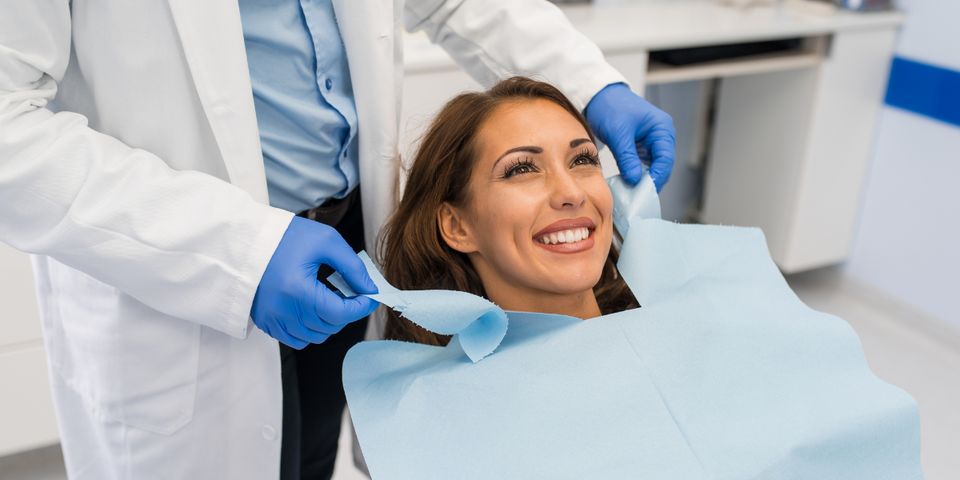
Most people are aware of the connection between smoking and cancer, especially lung cancer. However, smoking, as well as using smokeless tobacco products, is also linked to mouth and throat cancers. The prevalence of mouth cancer among smokers is one reason why regular dental care is necessary. Providers are trained to spot signs of oral pathology, or problems in the mouth, early on to improve the effectiveness of treatments. Here's what you should know about the relationship between smoking and oral cancer to maintain your health.
How Smoking Contributes to Oral Cancer
About 80% of people who have mouth cancer use tobacco in some form, and the longer it's used, the greater the risk of cancer. Although scientists aren't certain why tobacco use increases the likelihood of mouth cancers, they suspect it has something to do with how tobacco affects cell DNA. DNA contains genes that control how and when cells divide and multiply as well as genes that suppress the development of tumors. There's some evidence that tobacco chemicals can alter and damage DNA, further limiting cells' natural ability to prevent tumors.
Scientists also note that smoking and using chewing tobacco damages the cells in the lining of the mouth and throat. New cells then need to form and divide quicker than usual to repair the damage. The faster cells have to reproduce, the more likely there will be mistakes in the DNA of the new cells. Those abnormal cells build up, forming tumors, and, ultimately, cancer.
Signs of Oral Cancer

When you visit a dentist or oral surgeon, they look for oral pathology that could indicate mouth cancer. Unexplained mouth pain, painful or difficult swallowing, loose teeth, and mouth and lip sores that don't heal may be signs of cancer that warrant further investigation. White or reddish patches or unusual bumps or growths inside the mouth also require more testing.
Oral Cancer Treatments
When oral pathology is spotted early, the prognosis is typically good: The five-year survival rate for early-stage mouth cancer is 84%. Treatment is determined by cancer stage and usually involves oral surgery to remove the tumor, surrounding tissue, as well as other affected areas in some cases, like the jawbone or tongue. Chemotherapy, radiation, and targeted therapies may also be a part of the treatment plan.
If you've been diagnosed with oral cancer, you need an expert surgeon who will treat you with care and compassion. In the Anchorage area, patients turn to Oral Surgery Associates of Alaska for high-quality care. Their board-certified oral surgeons specialize in oral pathology, maxillofacial surgery, and anesthesia. To schedule a consultation, call (907) 561-1430, or visit them online to learn more about their expertise.
About the Business
Have a question? Ask the experts!
Send your question

